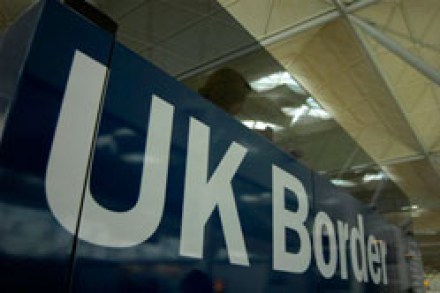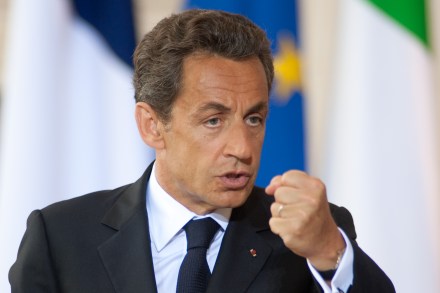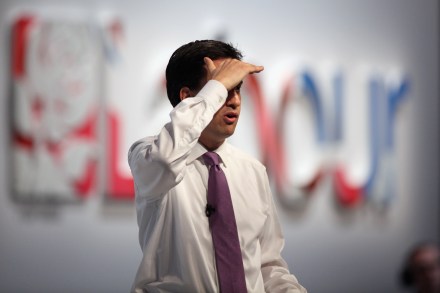‘Guest worker’ plan would hurt the economy
The economists who advise the Home Office on immigration policy have come out against a plan to turn economic migrants into ‘guest workers’. Last week, the Migration Advisory Committee (MAC) published their response to the government’s proposals on restricting settlement rights for skilled workers from outside the EU. With all the debate around David Cameron’s pledge to cut net immigration to the ‘tens of thousands’, many of the detailed policies for achieving that overall aim have been somewhat neglected. It should be clear, however, that these particular proposals would represent a very significant change, with serious implications for employers. While a few exceptional migrant workers would be invited to stay,

















